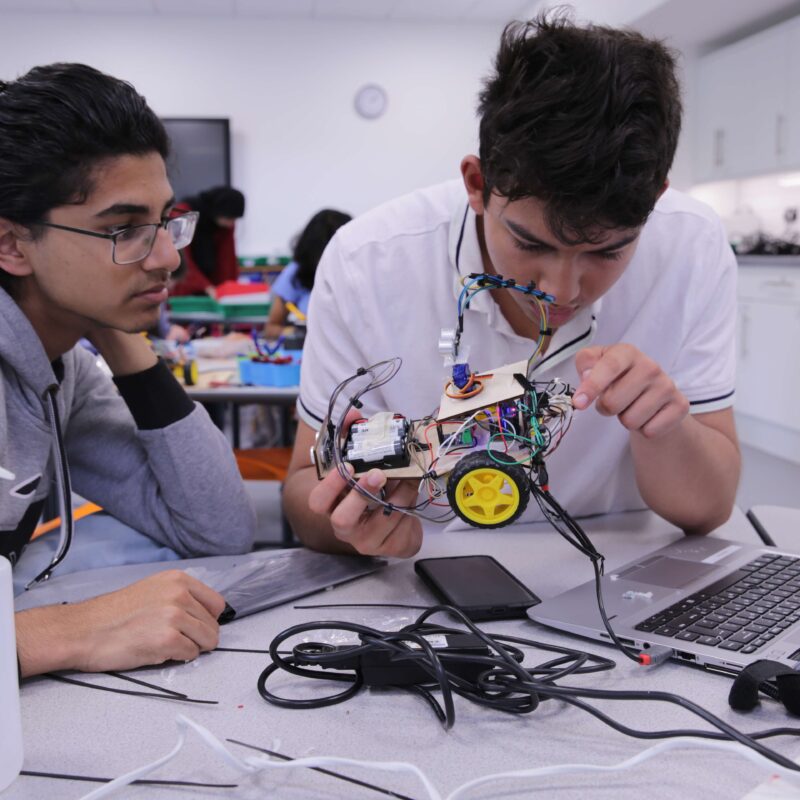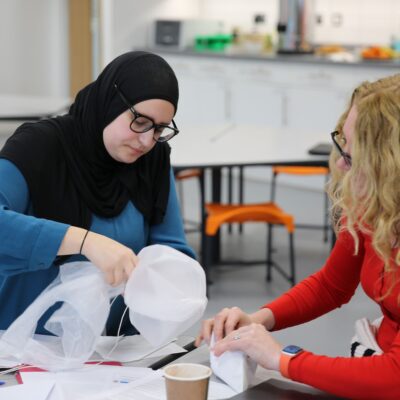About education & engagement
Our education and engagement programmes are funded through our charitable business model.
Delivered through Science Oxford, these programmes are designed to spark curiosity, cultivate a lifelong love of science, lay the foundations of science learning and build science capital. We want to show young people that science is enjoyable and rewarding, opening the door to exciting STEM careers and empowering them to pioneer innovative solutions to real-word challenges. To do this, we provide inclusive and interactive STEM activities and experiences for primary pupils and secondary students, as well as families with young children, and community groups. We are also a regional expert in primary science education, providing a wealth of professional development opportunities for teachers.
There is a pressing need in our region to bridge the gap in science learning and opportunity, particularly from under-represented communities. By providing accessible and engaging STEM education activities, we strive to ensure all young people in our region, regardless of background, have the opportunity to thrive in an increasingly science-driven world.
Our Science Oxford programmes
Our Science Oxford programmes are designed to increase knowledge, skills and aspirations. We work across Oxfordshire and Buckinghamshire with multiple audiences – primary pupils and secondary students, teachers, families, and community groups. Our activities are run from the Science Oxford Centre in Headington as well as out in the community.
What people say about us

Visitor, Family Day
Family Day visits to the Science Oxford Centre
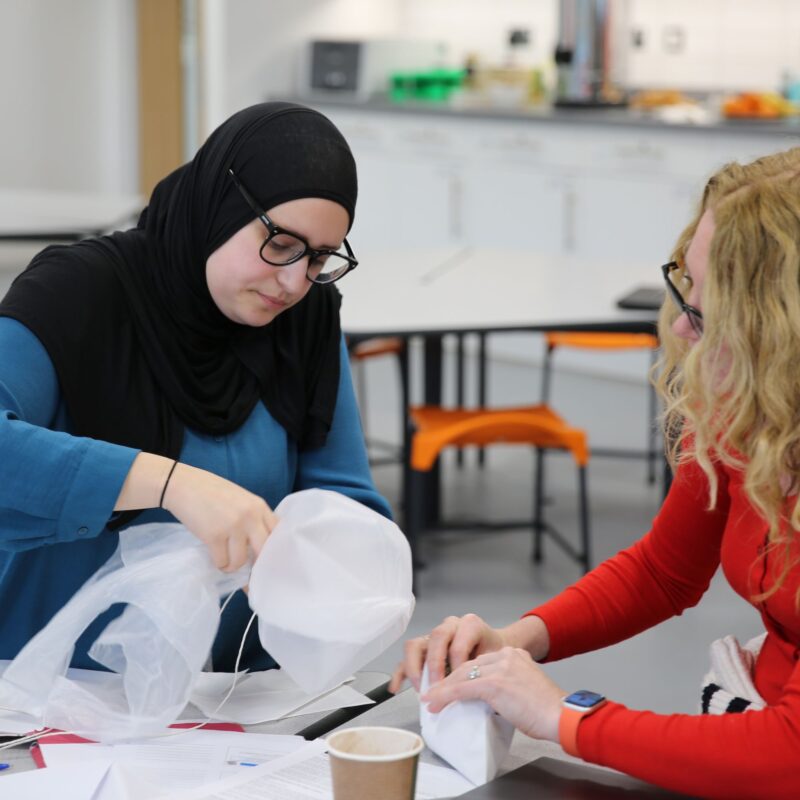
Teacher, Orchard Fields Primary
Continuing professional development

Secondary school student, STEM Insight Week
STEM Careers Programme for secondary schools

Teacher, Standlake CofE Primary School
Big Science Event

Teacher, Tackley CofE Primary School
Workshops and shows in primary schools

Teacher, Bayards Hill Primary School
Primary school visits to the Science Oxford Centre
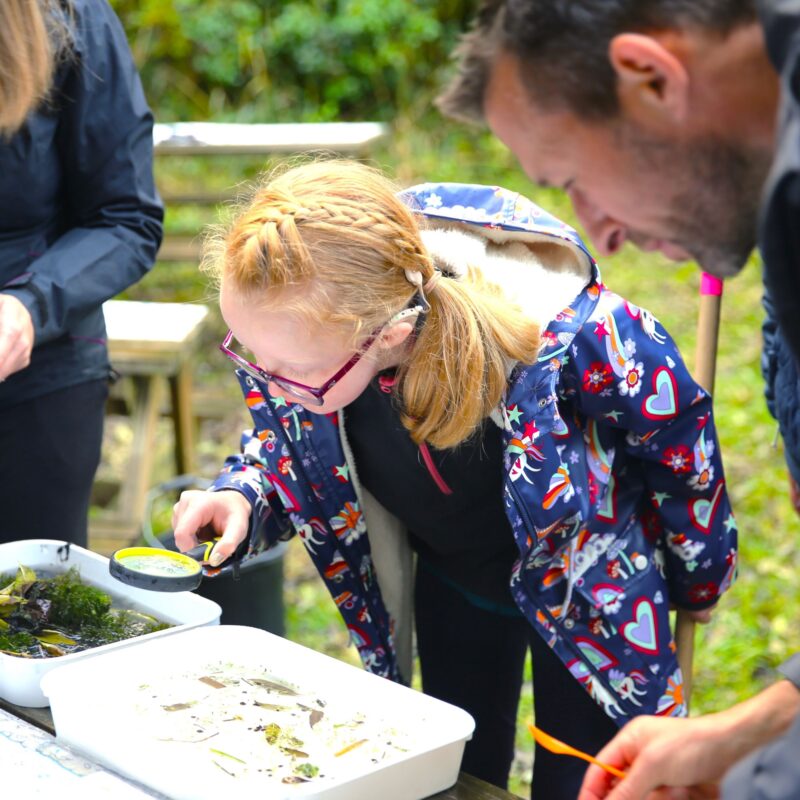
Young Person
Community Day
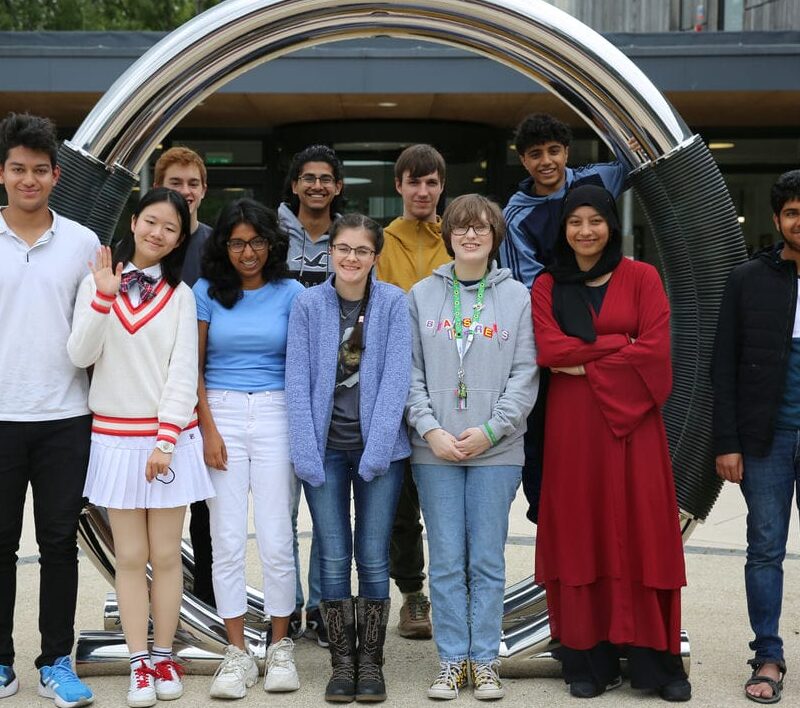
Year 12 student
STEM Summer Experience
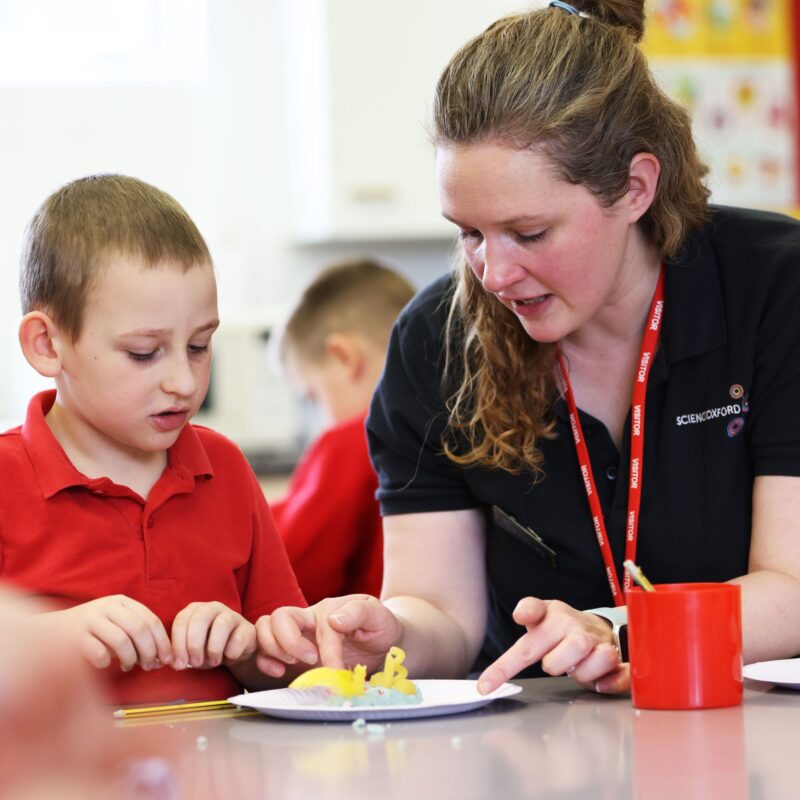
Teacher
Bayards Hill Primary School
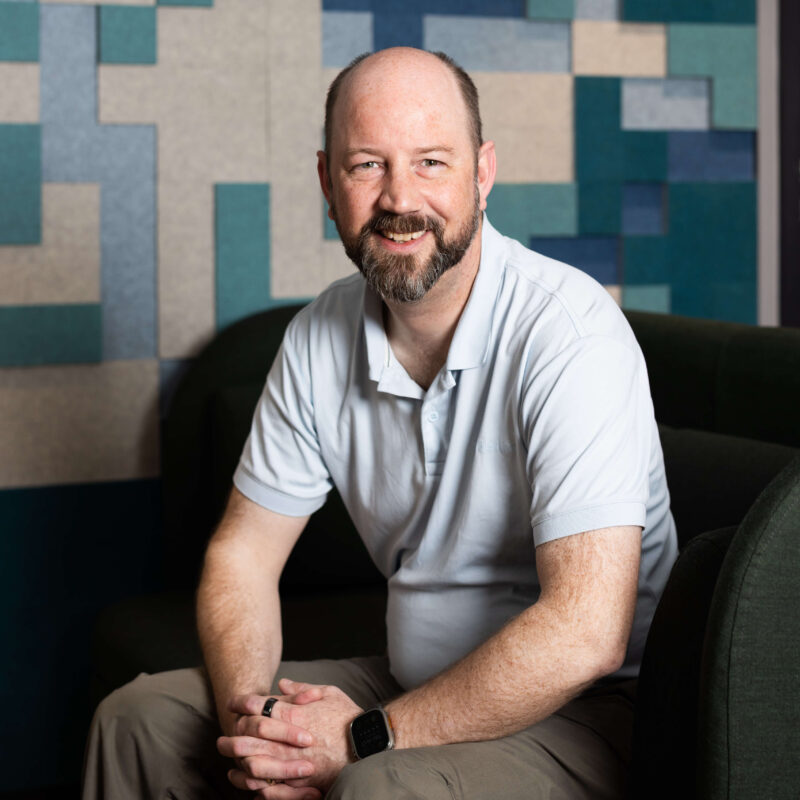
Olie Bosley
Head of IT & Cybersecurity, Optellum
Partnerships










Our impact
Our impact figures for our education and engagement programmes are for the academic year from September 2023 to August 2024. For more information, read our Annual Review for 2024.
20k
Young people reached through our primary school programme
1.1k
Pupils reached through our secondary school programme
12k
People reached through our public engagement programme
Accessing Science Fund
The Accessing Science Fund is specifically designed to provide children and young people in Oxfordshire and Buckinghamshire with opportunities to engage in science learning. Targeting those who face challenges in accessing STEM engagement, our fund supports a wide range of transformative initiatives through Science Oxford’s established and trusted programmes.
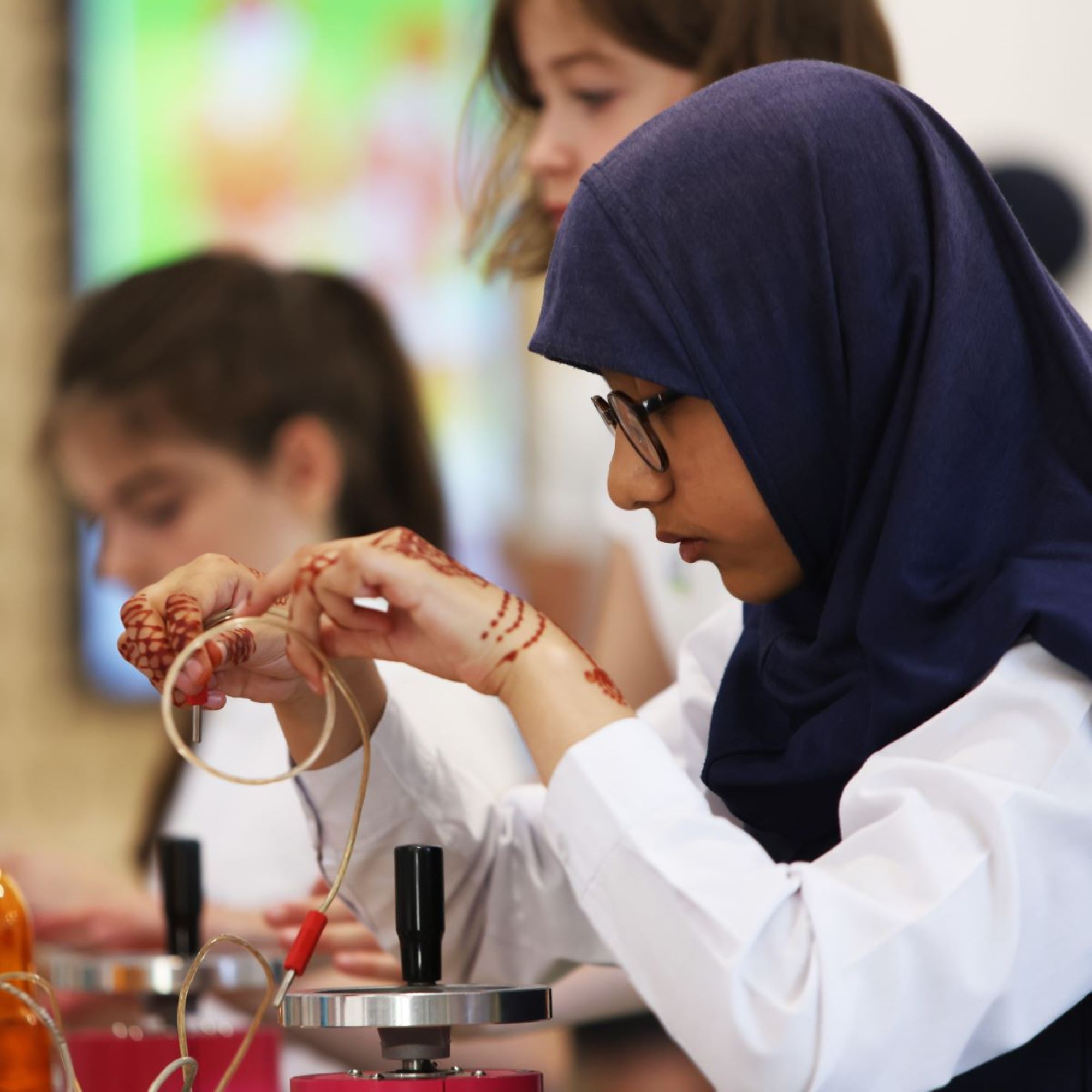
Inspiring young people
about STEM
To find out more and book the wide range of activities we run for primary and secondary schools and public events for families, including our Family Days and STEM Clubs at the Science Oxford Centre, visit Science Oxford.
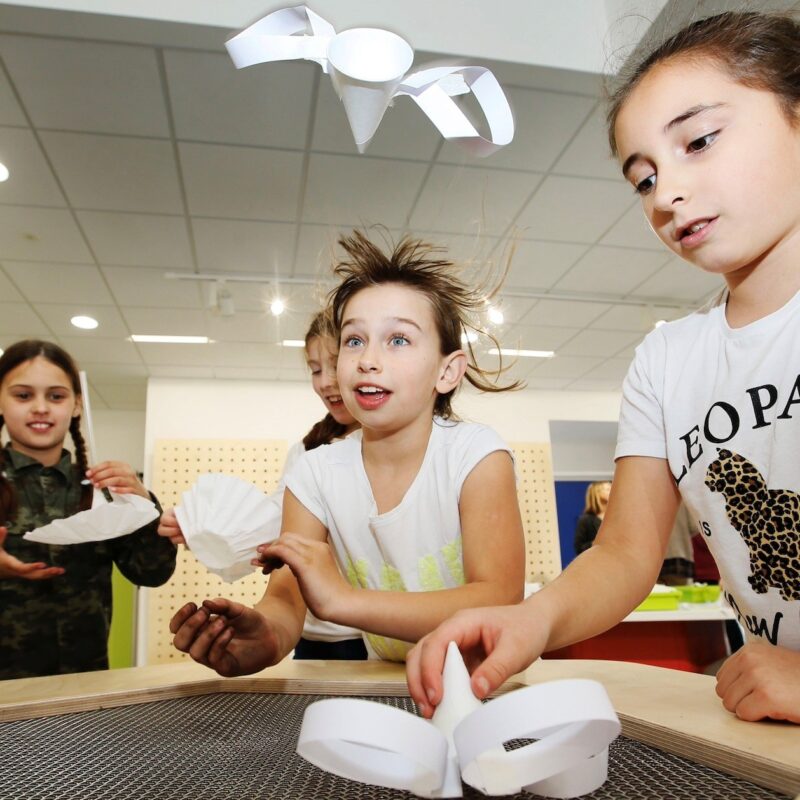
News from The Oxford Trust
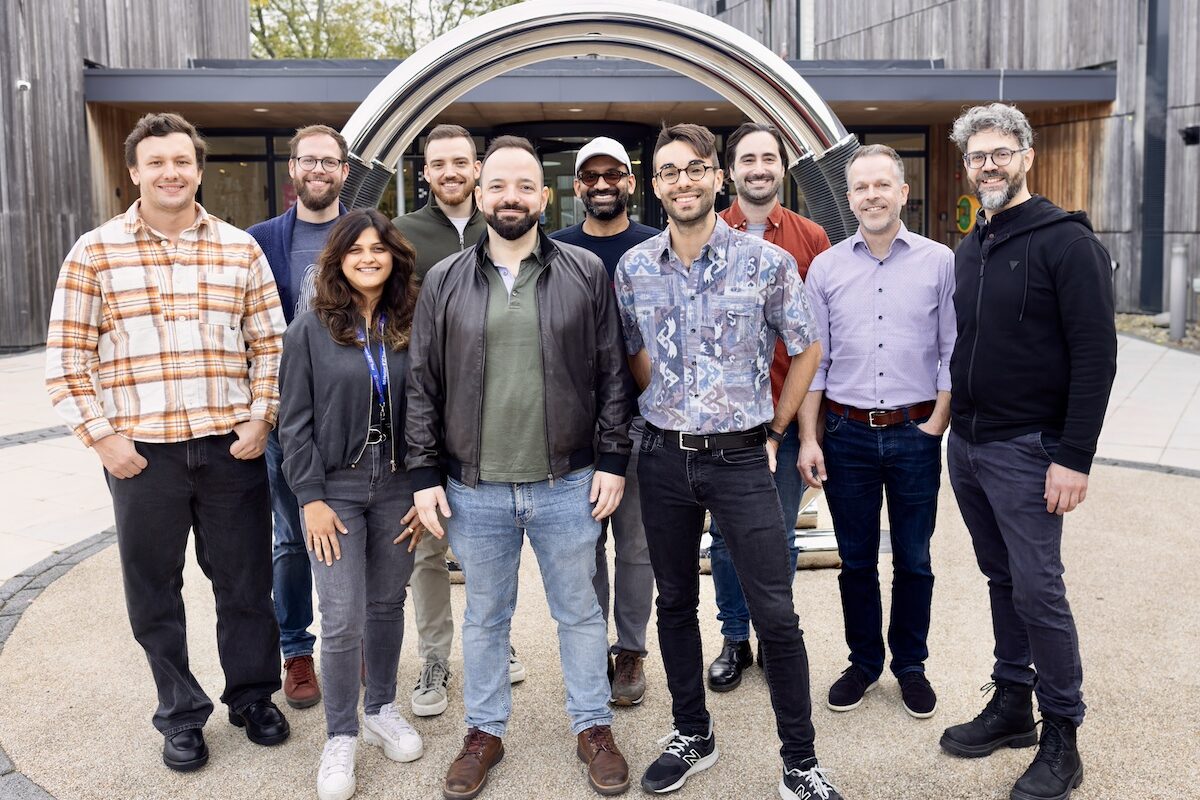
Exogene takes R&D lab space at the Wood Centre for Innovation
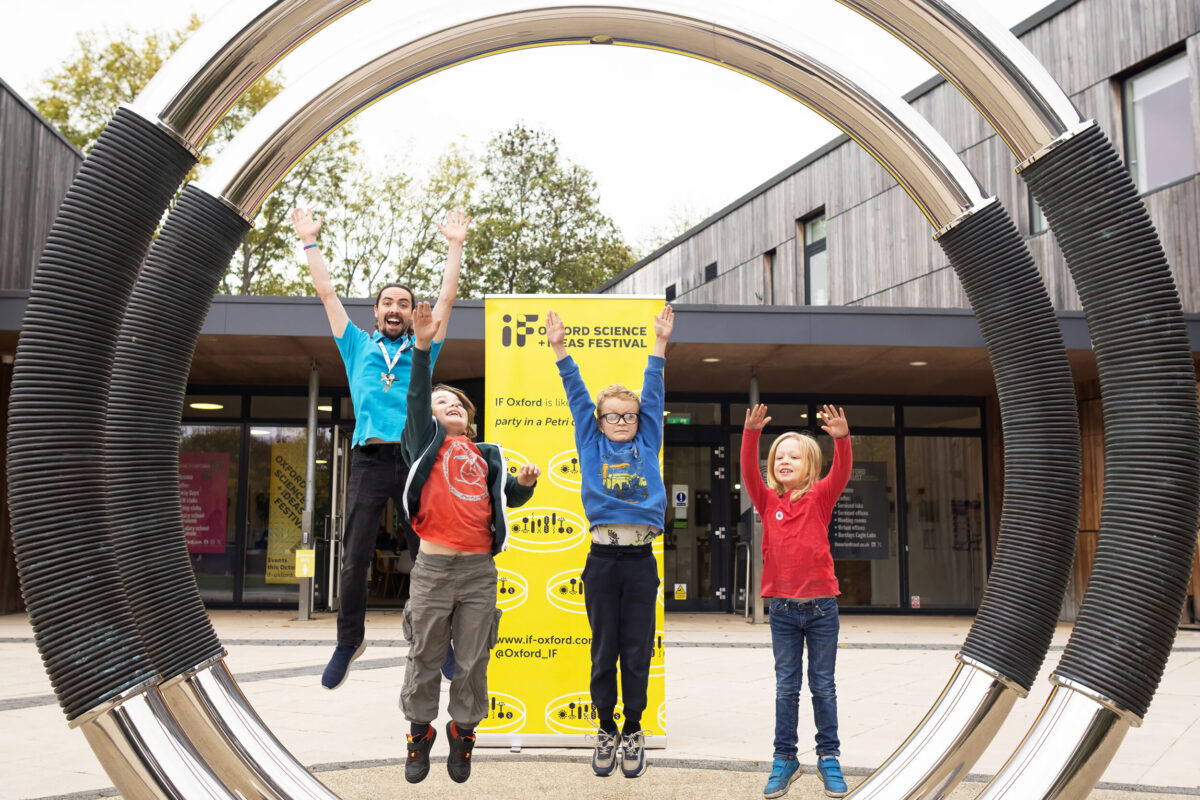
Super Science Saturday inspires families with IF Oxford
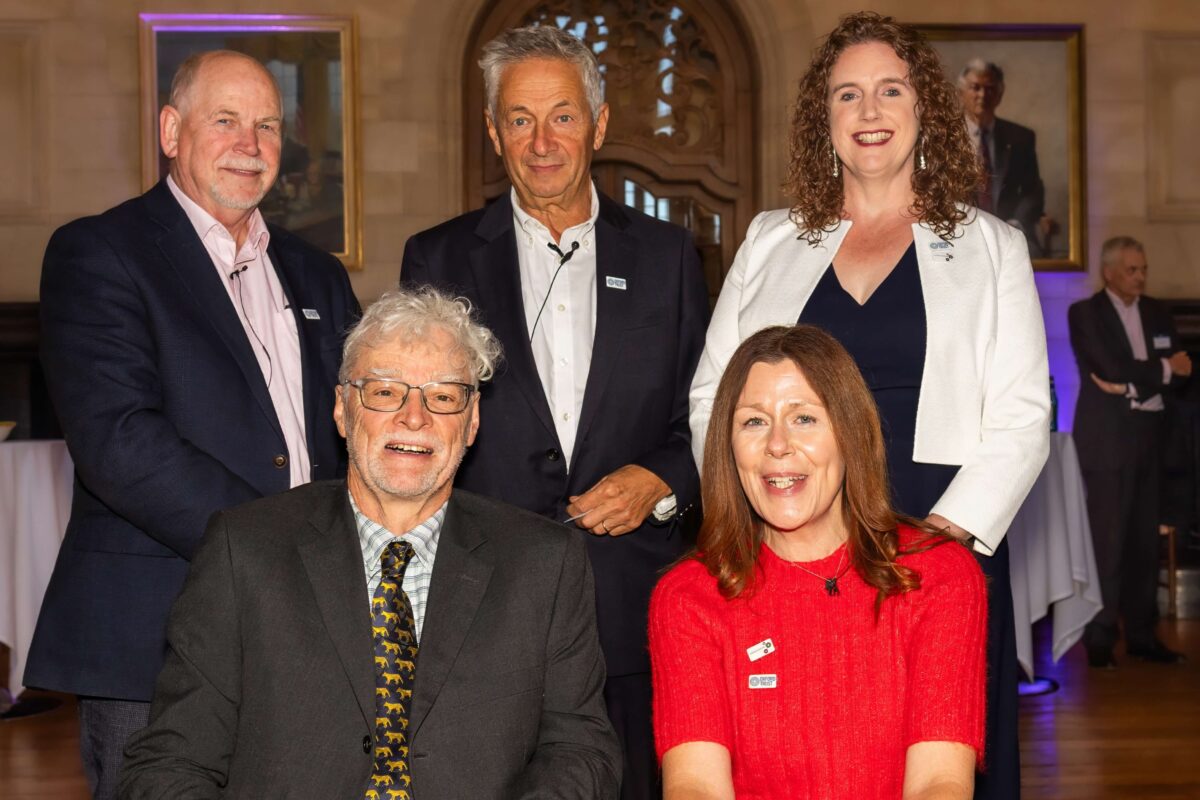
The Oxford Trust marks 40 years of championing science with a special celebration at Rhodes House
Get our updates
Stay informed with a quarterly newsletter from The Oxford Trust, delivered straight to your inbox.




